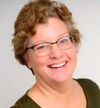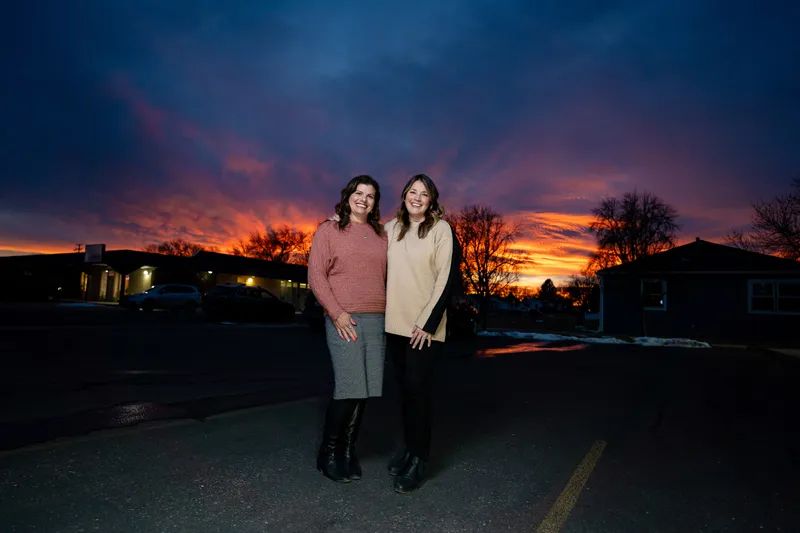
Real, Raw, & Resolved
Two women use a unique approach to get to the root of grief
Most think of grief happening when they’ve lost a loved one, or experienced a major life change like divorce, job loss or a serious illness. Everyone anticipates that, at some point, they’ll face this type of emotional pain. Those seeking help to overcome it often turn to either one-on-on professional counseling or the help of others through a support group.
When Kira Pertuit was looking for a means to deal with her grief, none of those options seemed to work. After the loss of her daughter 12 years ago, she sought help in a multitude of ways.
“I didn’t like people telling me how to feel,” she says. “I heard things like, ‘You have to be strong.’ ‘You can have more children.’ ‘You just need to keep busy,’ and other unhelpful statements. It wasn’t mending my heart and in fact, I grew more resentful and fell deeper into my grief.”
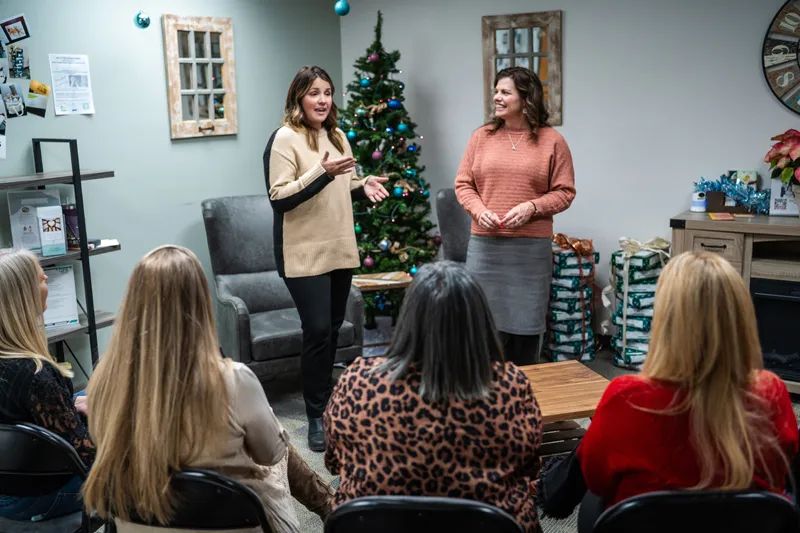
Kira finally discovered an evidence-based program, supported by rigorous testing, evaluation and scientific research, using a structured seven-step approach to cope with grief.
“It rocked my world,” she says. “I uncovered what I had been running from after my daughter passed. How freeing to understand that this is why I do the things I do. I can now choose to do differently and move forward again. I found I can hold both grief and joy.”
Kira walked away with a deeper understanding of herself and a new passion — a desire to help others deal with their grief in the same way.
Kira says the first step is understanding exactly what grief is.
“Many people don’t understand that any significant change in our lives has the potential to cause grief,” Kira explains. “Such changes don’t always need to be as traumatic as experiencing a death but are still capable of permanently altering what is familiar.”
Life changes such as a child leaving for college or getting married, facing unmet dreams, or dealing with health issues can all lead, even in some small way, to grief. Even if something isn’t deemed negative, there can still be a loss of some sort.
“When we recognize that, it allows us to equip ourselves with the tools to manage our grief effectively,” Kira adds.
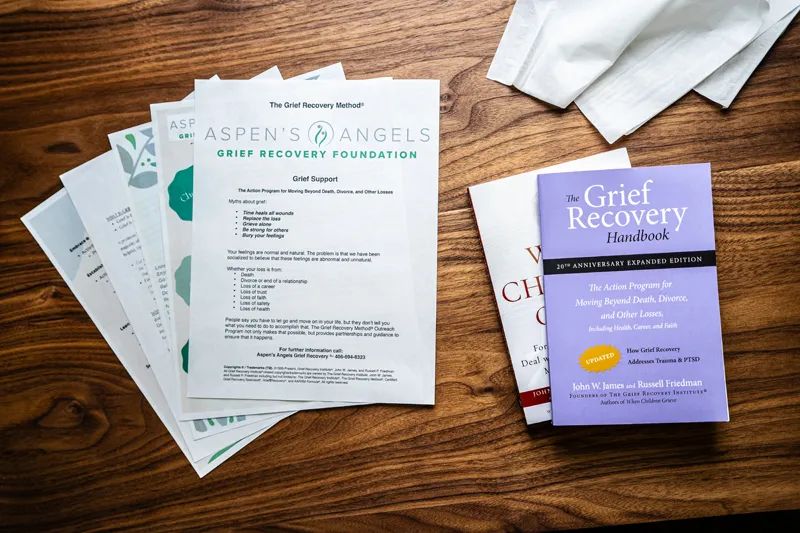
In 2016, after completing her training as a grief recovery specialist and educator, Kira opened Aspen’s Angels, choosing the name to honor her daughter.
Kira uses the same evidence-based grief program to facilitate one-on-one meetings as well as small groups. Over the years, she’s helped hundreds deal with their grief.
The seven-step program is extensive. There’s homework. There’s a time commitment and there’s an expectation that you’ll only get out of the program what you put into it.
“We identify and help you complete what was left emotionally incomplete by a death, divorce or any other loss.” Kira says. “Sometimes the light comes on quickly, other times it takes all seven weeks to get there, but we are empathetic facilitators. We’re grievers supporting grievers.”
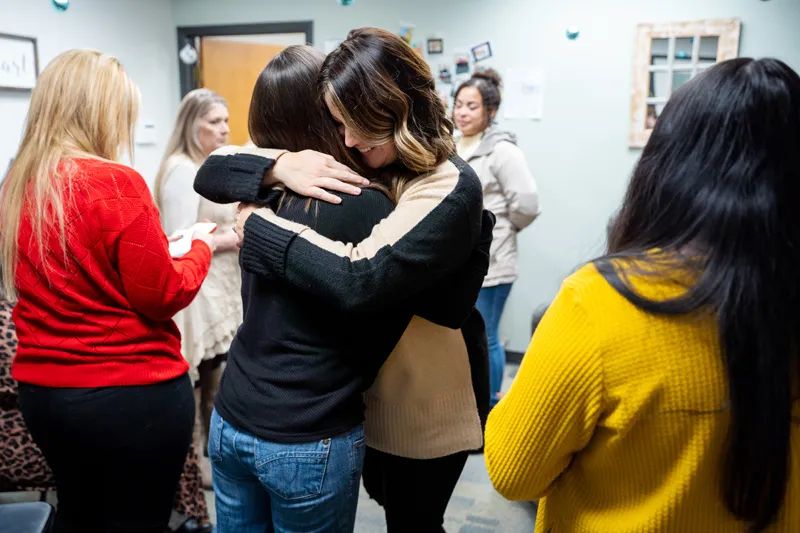
Tina, one of Kira’s clients, came to the program over five years ago.
“Nobody teaches us how to grieve,” she says. “This program provides the tools to realize the things that you didn’t even know you needed to know.”
Working through the homework forces clients to dig deeper and uncover why they feel the way they do and to know what to do with those emotions when they feel them.
Tara Goodwin came to Kira when her husband unexpectedly died several years ago. As a young widow and single mother, she knew she needed help moving forward.
“Our past is our present until we are healed,” she says. “This program taught me how to maneuver through the rest of my life. I think I would have died without it.”
It made such an impact on Tara that she has since taken the course to become a grief recovery method specialist herself. In addition to her full-time career, she spends as much time as possible doing grief recovery with others.
The course taught her to be vulnerable, honest and real.
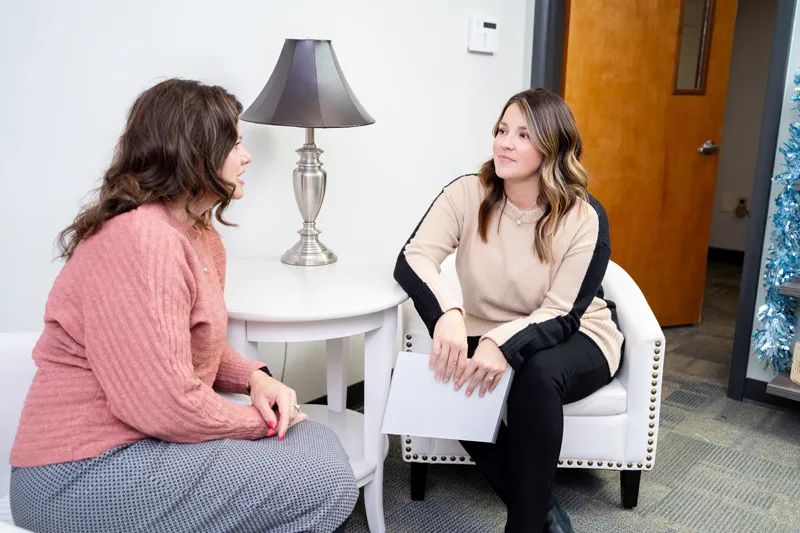
“We share our hearts with each other,” she says. “We get right in there with each other. It can be scary, but it doesn’t have to be. Hearing each other’s stories helps create a safe space and a realization that you are not alone.”
All three women say that being open and doing the homework makes the difference.
“Do the homework,” Kira says. “You have to be willing to look honestly at yourself so you can move from discovery to recovery.”
At the end of the seven steps, participants are encouraged to write a letter expressing all that they went through. It might be to a person whom they are grieving, or it might address a change they are going through.
“That’s the part that was so impactful for me,” Tina says. “I was writing the letter with one person in mind, and before I realized it, I was writing it to another. It showed me that I had unresolved emotions that I needed to deal with.”
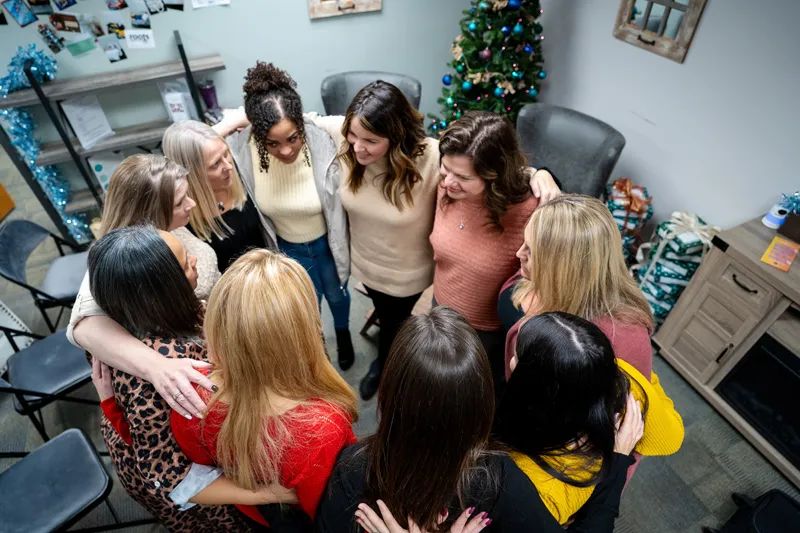
Evidence-based grief recovery gives tools to continue the work on your own and to be more prepared when grief comes again.
“Sometimes we just aren’t happy, and we don’t know why,” Kira explains. “We haven’t had anything ‘bad’ happen, but there is a root cause. When you can identify it, you can begin the steps to reclaiming your life.”
As the groups move through their seven-step course, Kira says, it often happens that when the root cause is exposed, it might be something the person has never shared with anyone, or they were completely unaware of its effects on their life.
“That’s when you know they need a listening ear, validation and action steps to move through their incompleteness and their grief,” Kira says.
“We give them the freedom to be heard,” Tara continues. “There’s a lot they can say.”
“That’s where the letters come in,” Tina adds. “You can tell the truth, you can say goodbye, you can say whatever you want and get it out there. That’s how you resolve it.”
As Kira thinks about the future, her hope is that more people will come to the knowledge of how this method of grief recovery works.
“I’d like to see the place overflow with people,” she says. “Because when we teach others how to maneuver through grief and we model to our children how to do it, we can all move beyond grief and reclaim our lives.”


